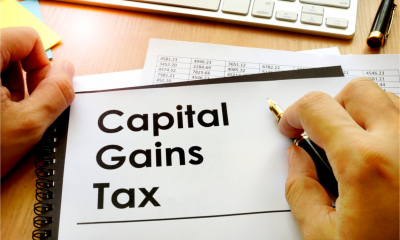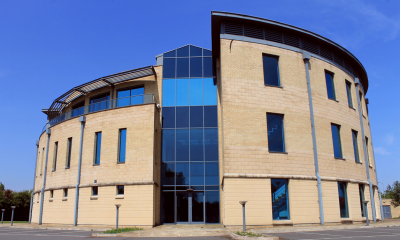
The key to making tax as painless as possible is planning ahead. The right systems help you keep track of all the information you need to complete accurate tax returns, on time, and to know in advance what tax payments you will need to make. Good tax planning helps ensure you don't pay more tax than you have to.
Leaving everything to your accountant, or waiting till the year end before worrying about taxes, isn't an option. Under 'Making Tax Digital', HM Revenue & Customs (HMRC) is increasingly moving tax returns online. The requirements for VAT are already in place and took effect from April 2019. Further changes are intended, including the requirement to update most tax information quarterly.
Tax on business income
How your profits are taxed depends on what form your business takes. Different tax rates and thresholds apply, so tax planning can be an important part of making the right choice. You should take into account the overall impact of both business and personal taxes.
If you are a sole trader or in partnership, you need to register as self-employed with HMRC. You complete an annual self assessment tax return, which includes details of your business profits as well as any other personal income. As well as paying income tax, you make self-employed National Insurance contributions.
If your business is a limited company, the business pays corporation tax instead. The way your personal income is taxed depends on how you take money out of the company, for example as salary or as dividends.
As well as making profits, you may have capital gains from selling assets. Companies pay corporation tax on capital gains, but individuals pay capital gains tax. As rates can be much lower than income tax rates, this also can be a significant tax planning opportunity.
Other key business taxes
Depending on your turnover and what kind of customers you sell to, your business may be required (or find it advantageous) to register for VAT. VAT registered businesses charge VAT on sales of most goods and services, but can reclaim the VAT paid on most purchases. There are detailed rules on keeping VAT records and issuing VAT invoices. You may be able to reduce the administrative burden of dealing with VAT by using one of the simplified accounting schemes.
If you are an employer - including if you are an employee of your own company - you need to deal with taxes on payroll and benefits. You do this by operating a PAYE (Pay As You Earn) system. You must deduct Tax and National Insurance, and report payroll information to HMRC, every time you pay an employee.
If you have business premises, you may also need to deal with property taxes, though these may not apply if you work from home. Typically, you pay business rates based on the rateable value of the premises. You may also need to pay stamp duty if you buy premises (either freehold or leasehold) in a transaction worth more than the threshold.
Tax help
Most businesses, particularly larger and more complex companies, use an accountant for help with tax. Your accountant can advise you on setting up the right book-keeping systems and can complete tax filings on your behalf. Tax planning advice may allow you to significantly reduce your overall tax payments.
HMRC publish extensive guidance on tax requirements. You can also contact HMRC if you have a question about taxes.
Making sure you understand and comply with your tax obligations helps reduce the risk of tax problems and investigations. Penalties can be substantial, so if you do face an investigation or expect to have difficulty paying the tax you owe, you should take advice straightaway.


